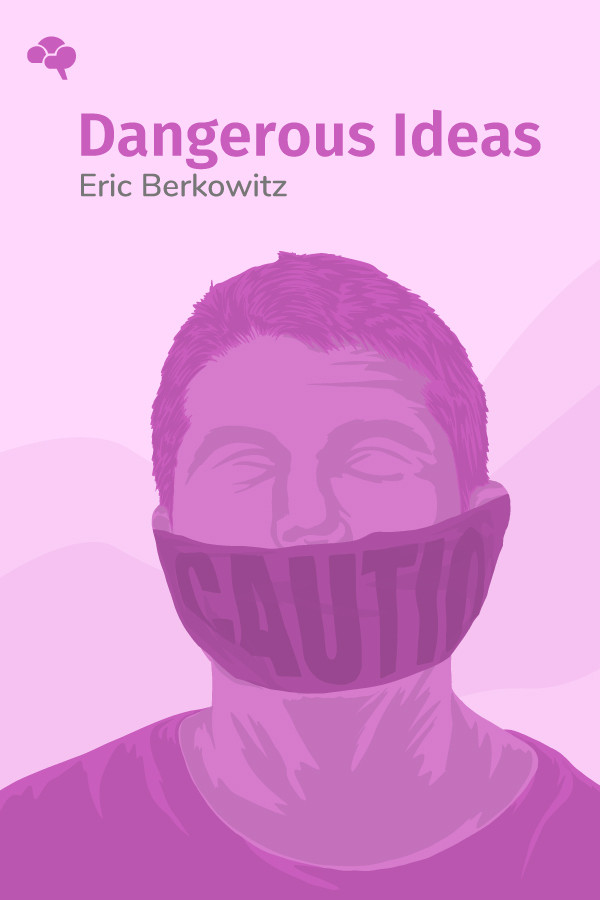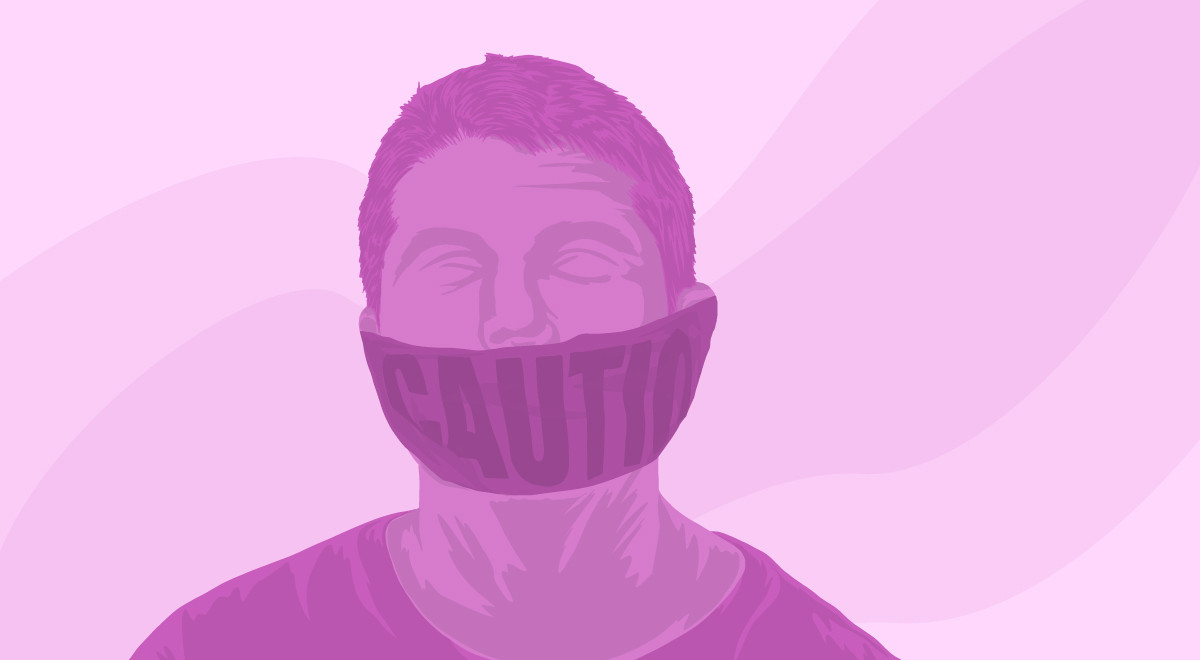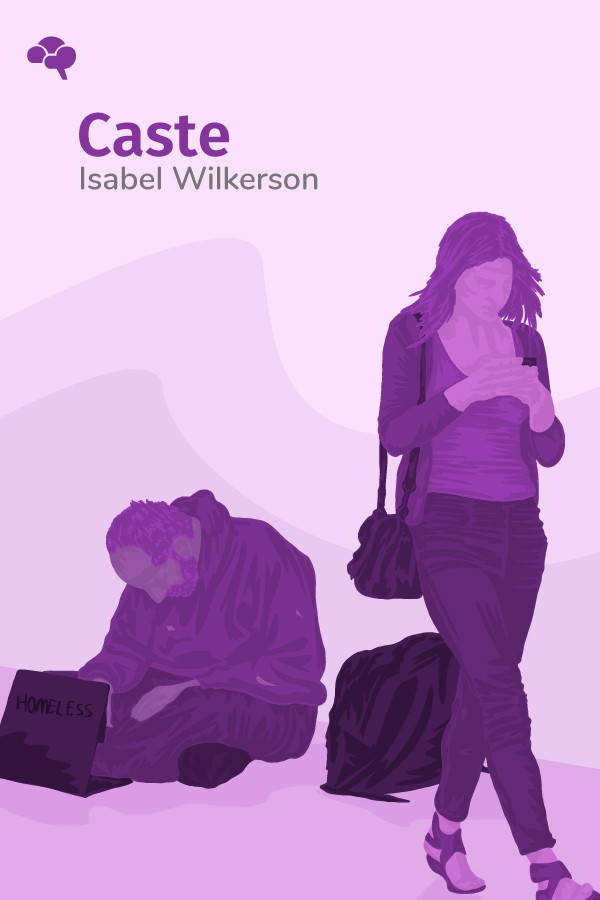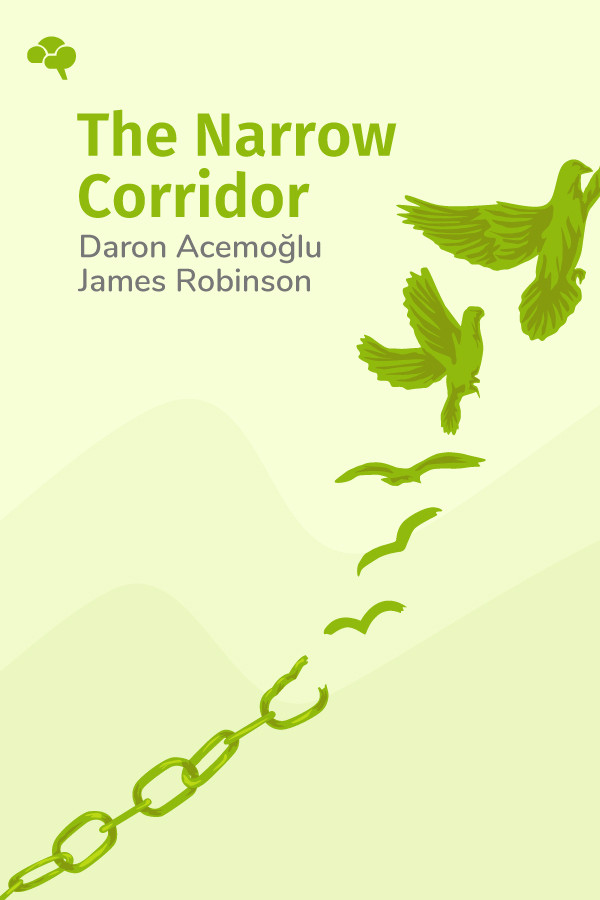Key Insights From:
Dangerous Ideas: A Brief History of Censorship in the West, from the Ancients to Fake News
By Eric Berkowitz


Key Insights From:
Dangerous Ideas: A Brief History of Censorship in the West, from the Ancients to Fake News
By Eric Berkowitz
What You'll Learn:
Censorship is a temptation as old as speech itself, and it has proven the preferred option over tolerance and open discussions throughout our history. Journalist and human rights lawyer Eric Berkowitz walks us through the tension between speech and suppression in Western history, highlighting events that have shaped the movement toward free speech and the temptations to curtail it.
Key Insights:
- Censorship is an implicit recognition of the power of words and images.
- In ancient Greece, controversial ideas were tolerated in peacetime, but mobs and courts quashed them in times of turmoil.
- Constantine and many early church leaders resorted to censorship to solidify power and unify a fractured Roman Empire.
- No sacred text has been burned as profusely and for so long as the Talmud.
- Mao not only suppressed the voices of the people, he suffocated the voices of history.
- Some forms of censorship become censorious in their attempts to prevent the reemergence of repressive regimes.




